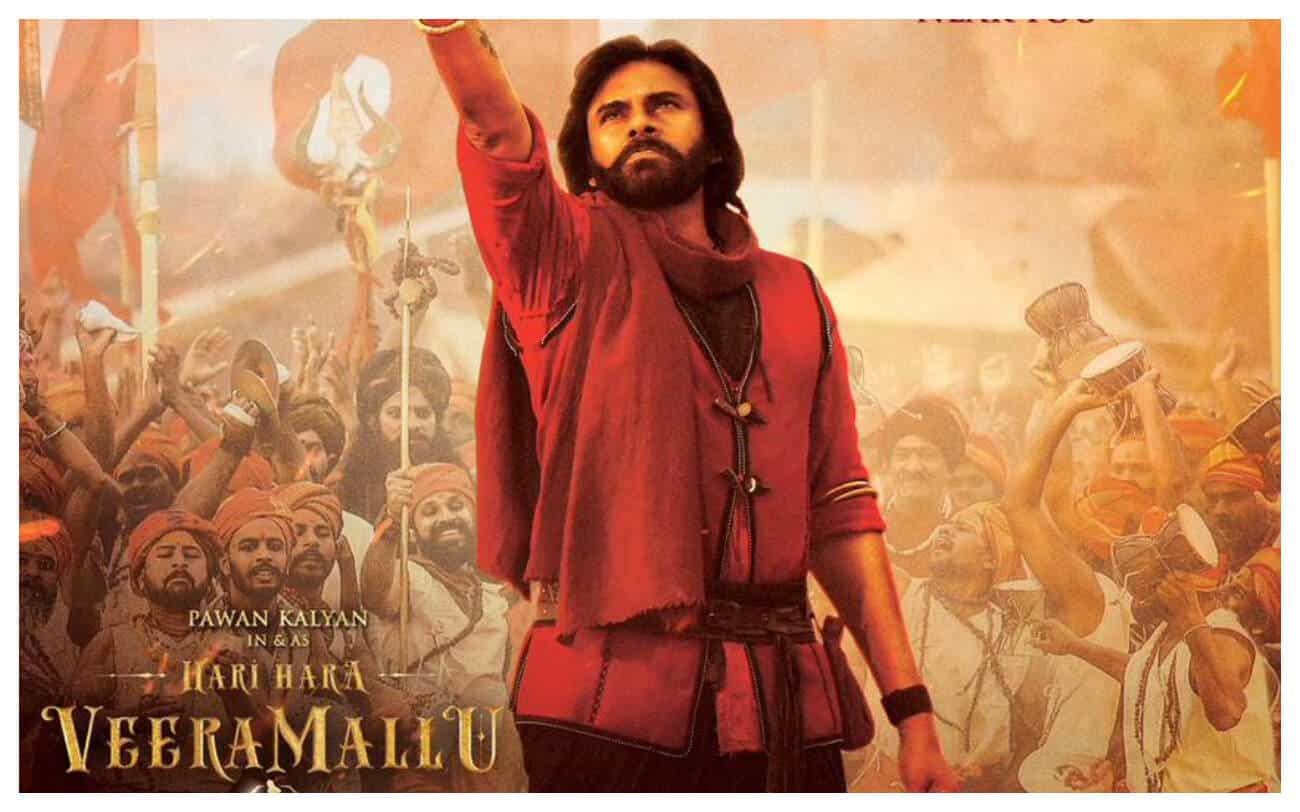
One-Day Cricket Lacks Enthusiasm
1 month ago | 5 Views
Kolkata: On Friday, Sri Lanka and Australia engaged in a lopsided ODI that was not included in the initial tour schedule. Concurrently in Karachi, Pakistan and New Zealand competed in the final of a tri-nation series that also featured South Africa, organized by the Pakistan Cricket Board only in late January. This was all in preparation for the Champions Trophy, previously regarded as a mini World Cup. In a different era, such last-minute arrangements would have highlighted the vitality of one-day cricket. However, it now underscores a pressing need to align with a format that once served as the foundation of the sport.
The format is struggling to attract interest. Similar to England, which is relentlessly pursuing an inexplicable desire to entertain, even at the cost of appearing senseless, Australia is currently facing a talent drain. This has resulted in the withdrawal of all their leading fast bowlers for various reasons, with Mitchell Marsh sidelined due to injury and Marcus Stoinis retiring from ODIs after being selected for the Champions Trophy. India, often seen as the custodian of cricket, expresses its priorities more subtly, yet their one-day record since the 2023 World Cup final in Ahmedabad speaks volumes—nine ODIs played, three each against South Africa, Sri Lanka, and England, with the squad for the South Africa series predominantly featuring new players under KL Rahul's captaincy. It is evident that mini World Cups have historically enjoyed more extensive and grander preparations.
The ICC must bear some responsibility for this situation, as it has altered schedules, rendering the Champions Trophy almost an afterthought. No two consecutive ODI World Cups have ever been identical. The Associates were initially welcomed but gradually sidelined for the sake of maintaining relevance. The rules for knockout qualification have frequently changed, an ODI Super League was introduced and then abruptly discontinued, and an entire World Cup was scheduled without considering the game's demographic. Additionally, there have been absurd mathematical solutions, such as the rain rule, which have disproportionately affected certain teams.
The format retained a unique allure. The middle overs presented an opportunity to appreciate the artistry of skilled batting. Spinners would patiently await the moment the ball lost its sheen, allowing them to extract turn. Meanwhile, seam bowlers consistently urged the team’s designated ball shiner to maintain one side's polish while roughing up the other, until the ICC effectively curtailed reverse swing by mandating the introduction of new balls from both ends. Waqar Younis lamented this change, Sachin Tendulkar deemed it “disastrous,” and Virat Kohli described it as “brutal.”
Ultimately, these concerns appeared inconsequential as the world had become captivated by Twenty20 cricket. Boundaries were reduced in size, and bats became increasingly robust, transforming nearly every match into a high-scoring spectacle. Results were clear-cut, with ties resolved through various Super Over tie-breakers. The emergence of this format marked a pivotal transformation in the sport. Even the extraordinarily dramatic 2019 World Cup final, arguably the greatest ODI ever contested, could not shift this prevailing narrative.
Over time, one-day cricket was relegated to a lesser status, most notably in 2022 when Australia faced England in an ODI series just four days after England's T20 World Cup victory. Fielding a team that was far from full strength, England suffered defeats in all three ODIs, the final match concluding with a record 221-run loss at a nearly deserted MCG. The series lacked significance, and its timing was particularly unfortunate.
England's captain, Jos Buttler, appealed to the custodians of the sport, urging them to “take care” of cricket. He suggested that “ICC tournaments should be a little bit more spread out,” as this would provide teams with additional preparation time and enhance the significance of these events when they occurred.
However, Buttler’s candid remarks had little impact, as cricket had already undergone irreversible structural and organizational changes, which were increasingly evident at the grassroots level, where aspiring players prioritized securing franchise contracts over national team selection.
This shift made the transition to ODI cricket increasingly challenging.
Read Also: Telugu Warriors Triumph in Low-Scoring Thriller Against Bhojpuri Dabanggs
"Get the latest Bollywood entertainment news, trending celebrity news, latest celebrity news, new movie reviews, latest entertainment news, latest Bollywood news, and Bollywood celebrity fashion & style updates!"





















